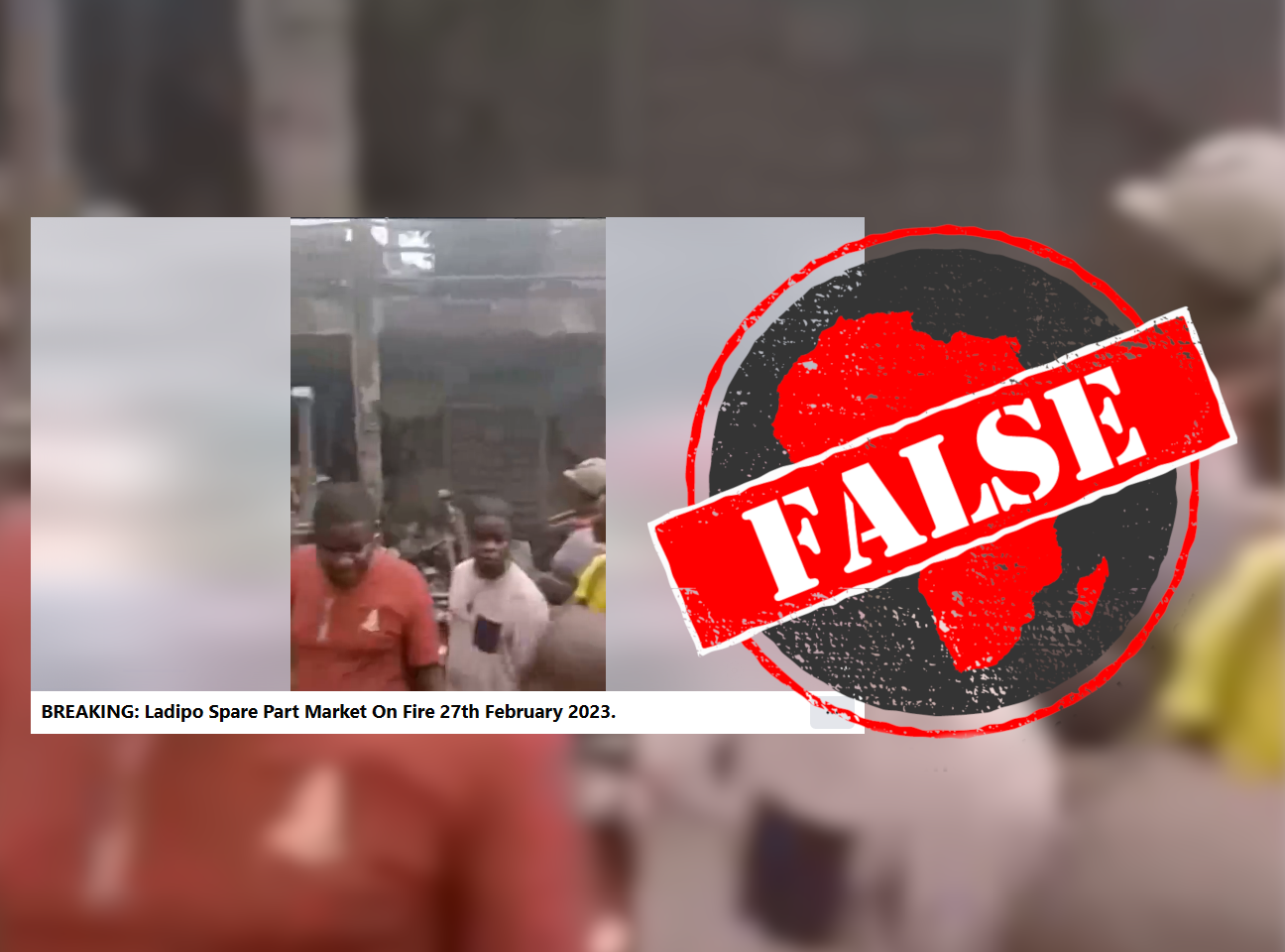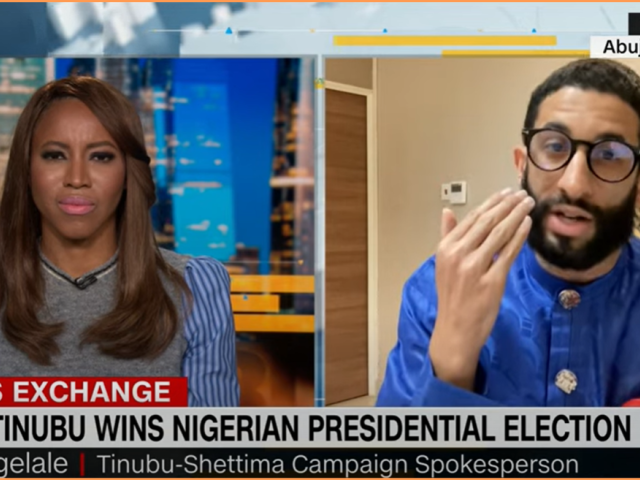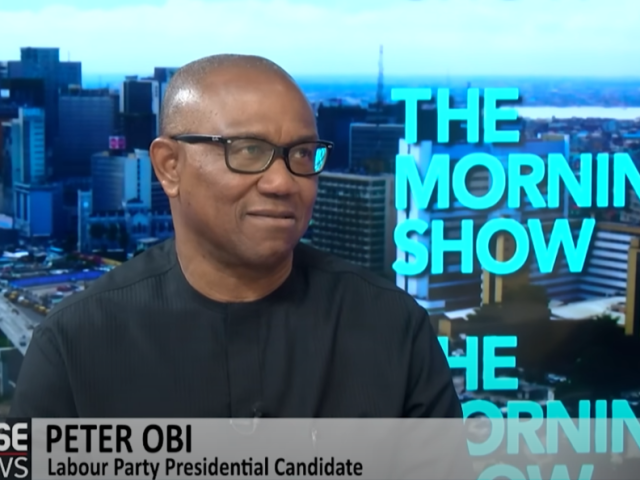IN SHORT: On 27 February 2023, it was announced that Peter Obi had won the votes of the people of Lagos in his bid for Nigeria’s presidency. A video doing the rounds online has nothing to do with Obi’s win.
A video is circulating on social media with the claim that it shows the Lapido market in Lagos, Nigeria, in flames two days after the country’s presidential and parliamentary elections.
Ladipo is a popular vehicle spare parts market in the Lagos suburb of Mushin. It is known for many of its traders being from the Igbo community.
Nigerians went to the polls on 25 February 2023. Peter Obi, the Labour Party candidate and a frontrunner in the presidential race, was declared the winner of the Lagos vote on 27 February.
Obi is Igbo. The video – and the claim – started circulating online on 27 February.
But does the video really show a market in Lagos, known for its Igbo traders, on fire the day an Igbo candidate was declared the city’s favourite for Nigeria’s presidency?

Old video in circulation
Checks show that the video is of a March 2022 fire at the market.
Nosa Okunbor, a spokesperson for the Lagos State Emergency Management Agency, said he had not received a report of a fire incident at the market on 27 February 2023.
The claim that the video shows a fire at Lapido just after the 2023 elections is false.
Republish our content for free
For publishers: what to do if your post is rated false
A fact-checker has rated your Facebook or Instagram post as “false”, “altered”, “partly false” or “missing context”. This could have serious consequences. What do you do?
Click on our guide for the steps you should follow.
Publishers guideAfrica Check teams up with Facebook
Africa Check is a partner in Meta's third-party fact-checking programme to help stop the spread of false information on social media.
The content we rate as “false” will be downgraded on Facebook and Instagram. This means fewer people will see it.
You can also help identify false information on Facebook. This guide explains how.




Add new comment